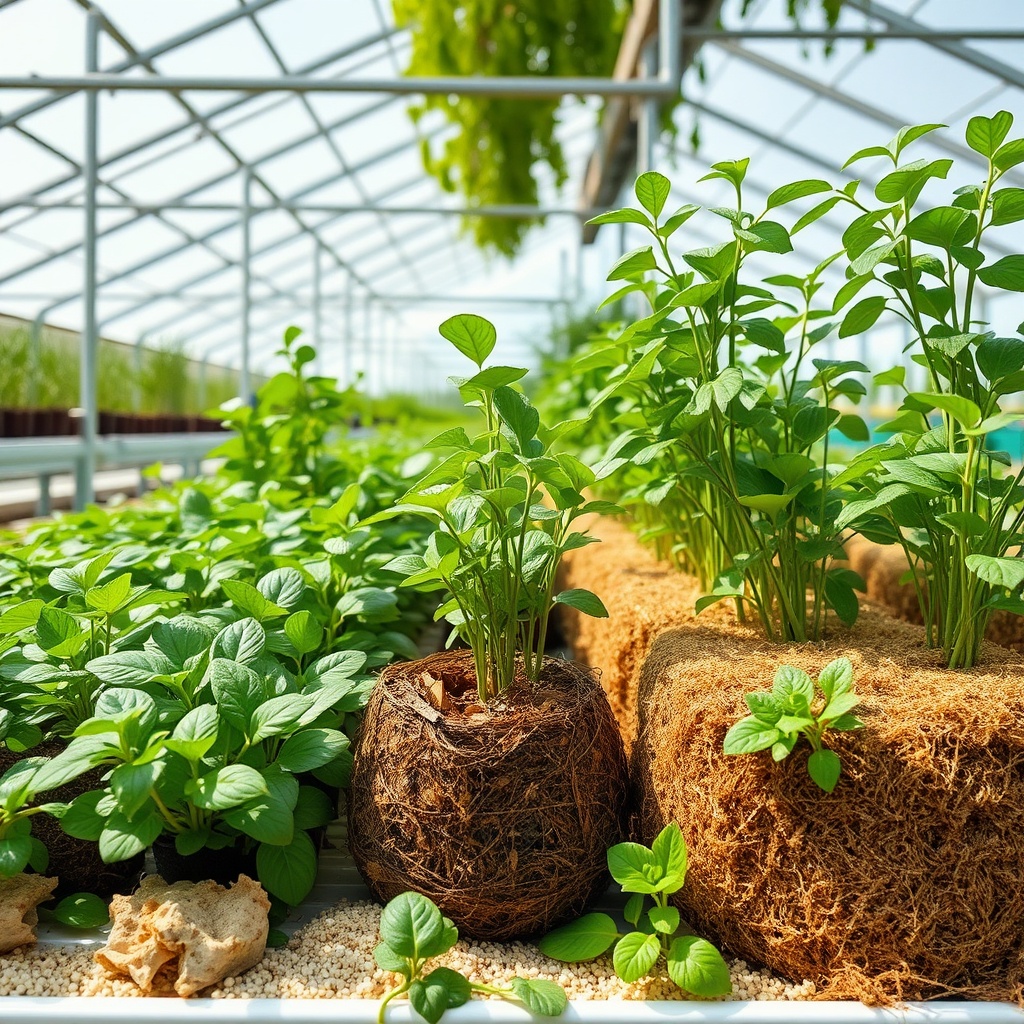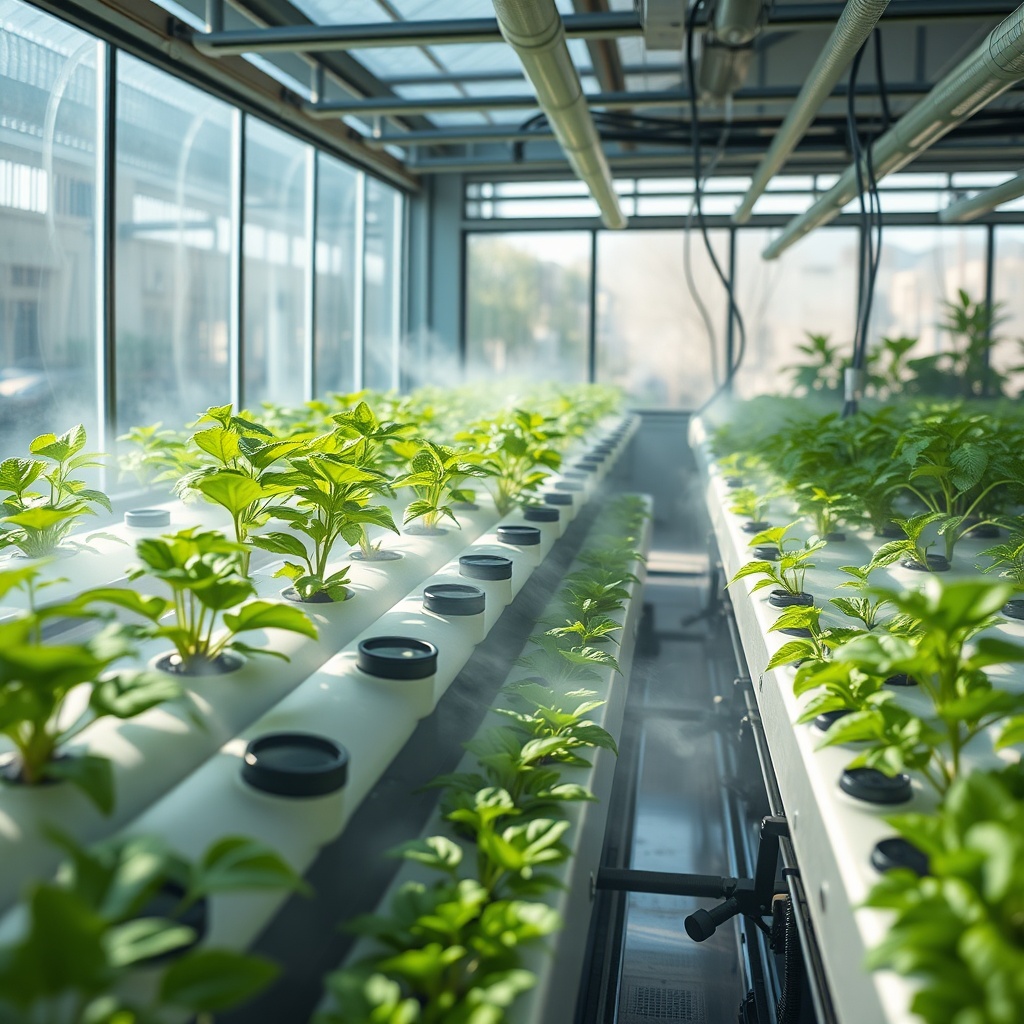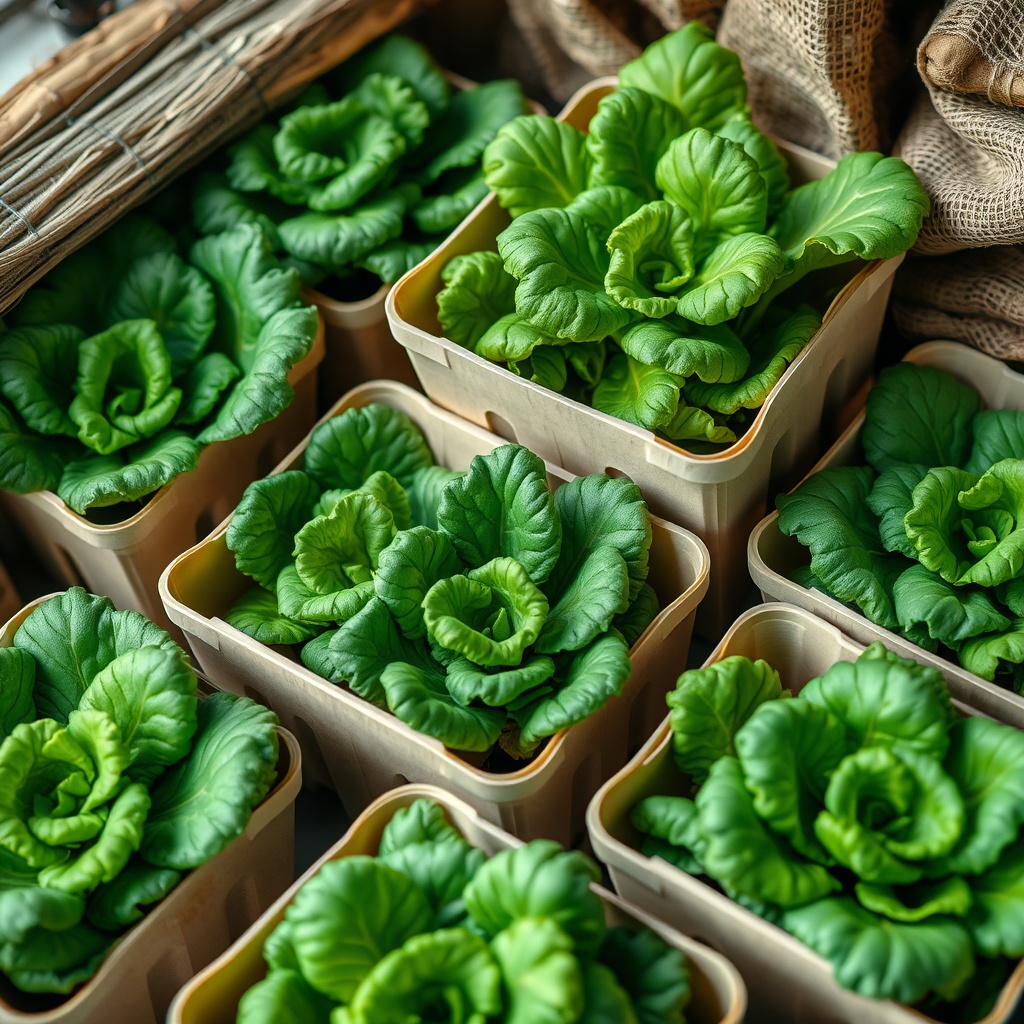The Quest for Sustainability in Hydroponics
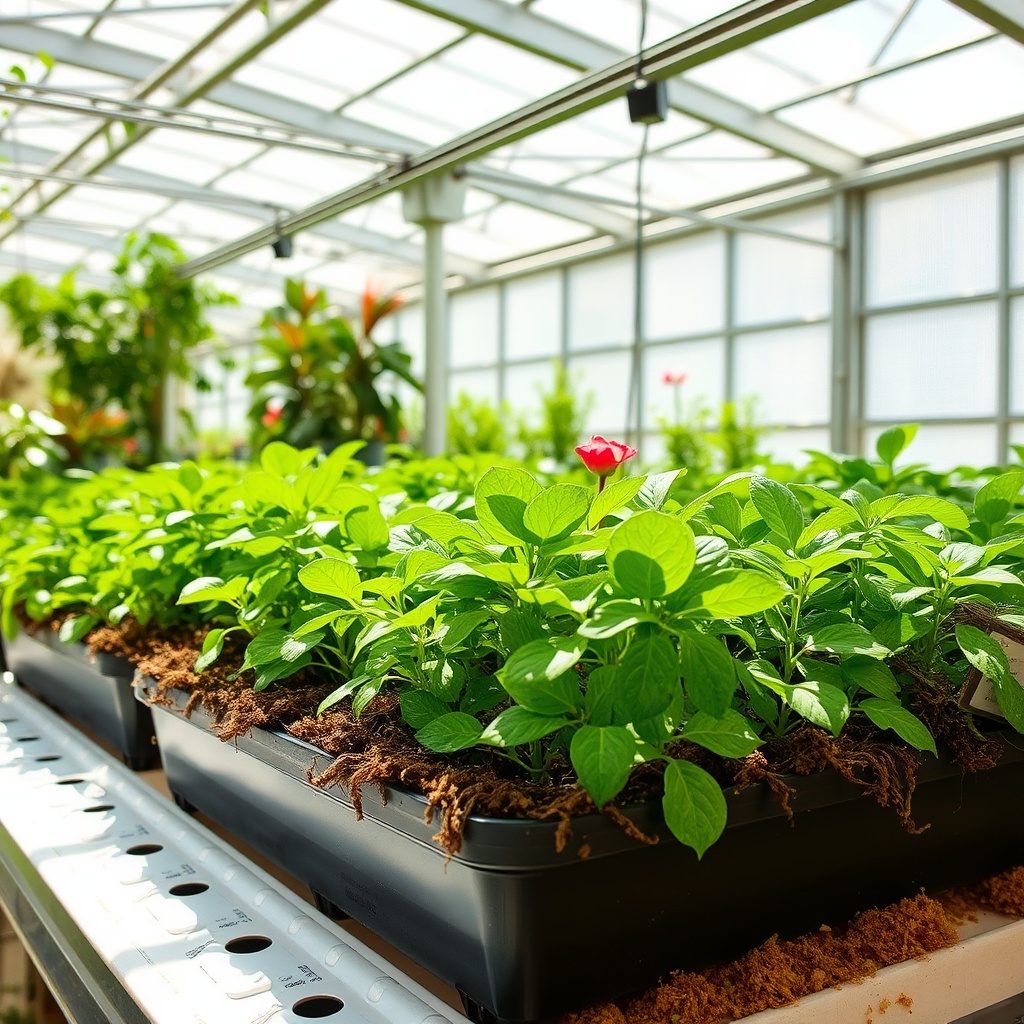
As the world increasingly turns its attention toward sustainable practices, hydroponics is no exception. The quest to grow food efficiently without soil has led to various innovations, but traditional materials like rockwool often come under scrutiny for their environmental impact. Fortunately, a myriad of sustainable alternatives is emerging, offering gardeners the chance to cultivate their crops while protecting the planet.
Innovative Alternatives to Rockwool
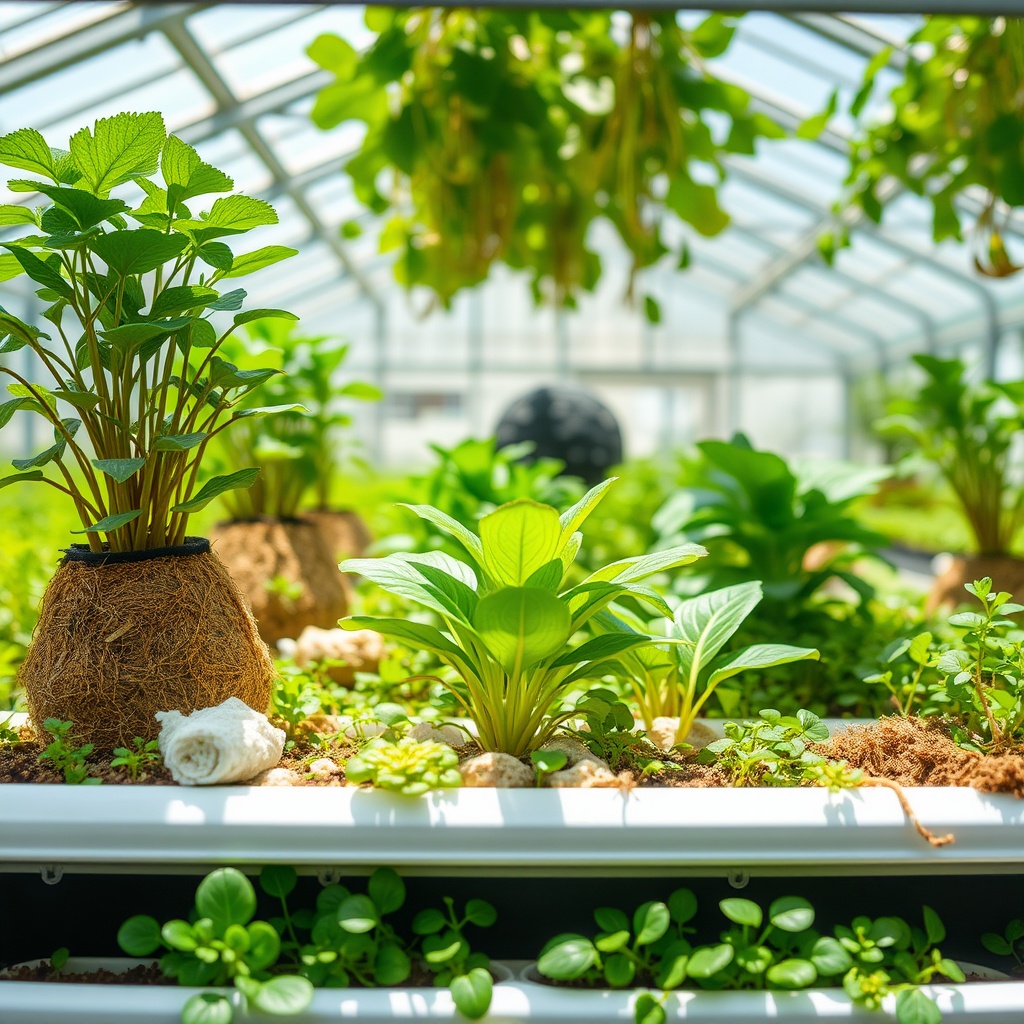
Among the numerous eco-friendly options available, a few stand out due to their versatility, availability, and effectiveness. These materials not only provide the necessary support for plant roots but also contribute to a more sustainable agricultural practice.
- Coconut Coir: A byproduct of coconut processing, coir is biodegradable and offers excellent drainage and aeration. Its natural properties make it a favorite among hydroponic gardeners.
- Hemp Fiber: This renewable resource boasts impressive water retention capabilities and is rich in nutrients. Hemp fiber is not only sustainable but also enhances soil health when used in outdoor gardens.
- Perlite and Vermiculite: These mineral-based materials are lightweight and improve aeration in growing systems. While they require mining, their longevity and recyclability make them a more sustainable choice than rockwool.
Why Choose Sustainable Solutions?
Adopting sustainable alternatives to rockwool can revolutionize your hydroponic system. Not only do these materials lessen environmental impact, but they also support biodiversity and promote healthier plant growth. By choosing eco-friendly options, you contribute to a greener future while enjoying the fruits of your labor.

